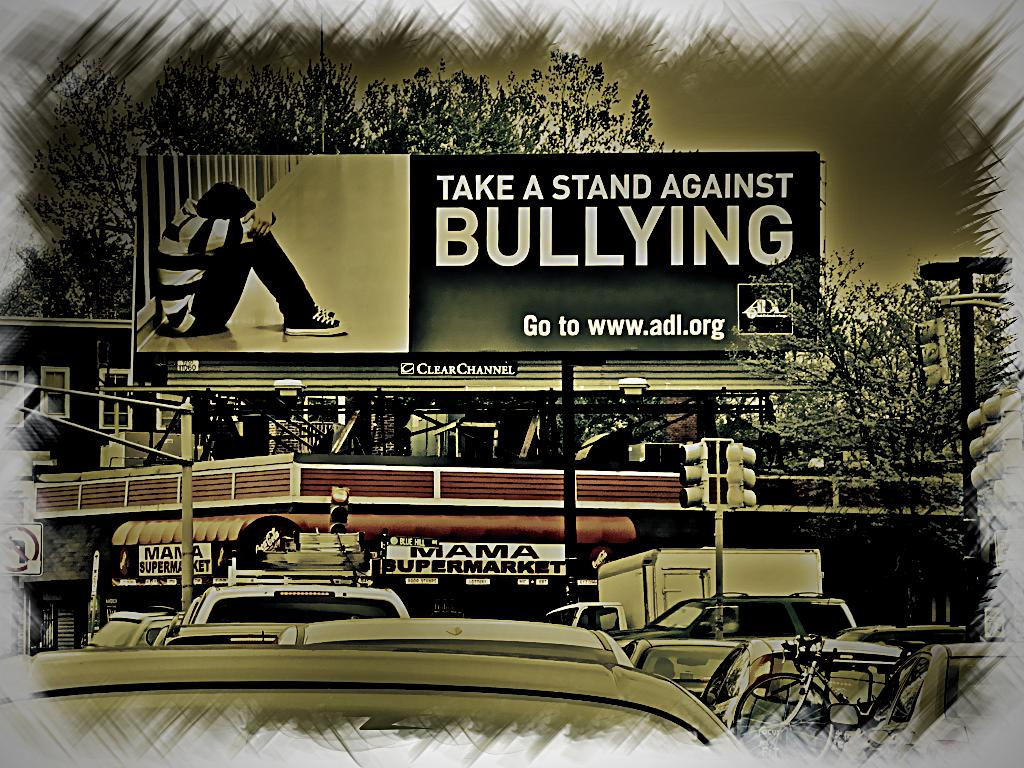When your children are young, it seems like teaching them how to get along in the world is pretty simple–brush your teeth, share your toys, play nicely and learn your ABC’s. However, as your children grow into teenagers, the life lessons you need to teach them become much more complicated. Despite your best efforts, your teen may be making negative life choices, and you’re feeling like you need to step in.
No matter how good a parent you are, sometimes teens experience challenges–either mental health or behavioral issues–that can set them on a path toward troublesome, negative behavior. It can be something more medical, like ADD/ADHD or depression, or a result of hanging out with bad friends or experiencing abuse or trauma. No matter the source, some troubled teens turn to violence as a way to solve their problems. As a parent, you can work with your teen to prevent teen violence by teaching some of the most important lessons your child can learn.
Dealing with emotions is difficult for even the healthiest and most balanced person. When a teenager, who is naturally moody or rebellious, is dealing with out of control emotions, they often don’t have the coping skills or experience to deal with them appropriately. This can lead to violent outbursts, including hitting, shoving, punching, breaking things and in a worst case scenario, hurting someone seriously. As a parent, you don’t want your teen to get to that point, so teaching them how to handle their roller coaster of emotions in a non-violent manner is critical.
Here are 5 things you can do as a parent to help your teen avoid violence as a solution to problems:
- Be a role model: If your answer to dealing with frustrations or challenges is to have an outburst or a violent fit, your teen will most likely copy your methods. Your attitude and example go a long way in demonstrating to your child what is appropriate behavior. To prevent teen violence, it’s extremely important to model the behavior you want to see in your child when he or she hits a bump in the road of life.
- Teach problem solving skills: Give your teenager a chance to solve minor problems on their own, with guidance from you. Rather than swoop in and fix everything that challenges your child, let them puzzle through sometimes. You can be a good resource to talk things out, but ultimately let them solve their own problems on a small scale. This will give them good problem solving skills for when bigger challenges come up.
- Talk about actions and consequences: Children and teens are often shortsighted when it comes to figuring out the long-term effects of their actions. Giving them examples of how their behavior can affect others gives them some maturity to make different decisions in the future.
- Provide an outlet. When emotions get built up with no outlet, people of all ages feel the need to let it out. Provide your teen with a method to deal with the roller coaster of emotions. Physical activity is an excellent way to release tension in a non-violent way, for example.
- Discipline as needed. If your teen exhibits violent behavior, make sure that there are consequences that match the action. Disciplining your teen doesn’t have to be done on the fly. Instead, have a discussion in calm times about what will happen if your teen does certain things. That way, when and if it happens, there are no surprises.
As a parent, you can help your teen learn these important life skills and provide them with a more successful and healthy way to deal with life’s frustrations. Preventing teens from turning to violence to solve problems or deal with challenges will help them transition much more smoothly to a successful adulthood.
Some Help Your Teen Now Related Articles
- What Did I Do Wrong, My Teen Is Violent?
- What Are The Signs Of Troubled Teen Violence
- What Causes Violence In Teens?
- Creating Healthy Relationships, Combating Teen Dating Violence
- Doing Your Part For Teen Dating Violence Awareness Month
- I’m Worried My Teen May Be In A Violent Relationship
- The Hard Facts On Troubled Teen Violence
- Treatment For Violent Teens










0 Comments